Supreme Court Defines Governor’s Constitutional Role in State Assemblies
- ByAdmin --
- 18 Jun 2025 --
- 0 Comments
The Supreme Court of India has issued decisive guidance on the limits of the Governor’s authority in matters relating to state legislatures, particularly addressing issues like inviting parties to form governments, dissolving assemblies, and reserving bills for the President’s consideration. These observations aim to uphold democratic norms, prevent constitutional impropriety, and preserve the balance between ceremonial and substantive functions of the Governor’s office.
Background and Trigger
- Controversial discretionary actions by Governors in a few states—including hurried invitations to form government despite unclear legislative majorities—prompted legal scrutiny.
- Petitioners argued that such decisions infringed upon democratic will and constituted constitutional abuse.
- The Supreme Court agreed to adjudicate and clarify the contours of gubernatorial discretion in state political matters.
Key Observations from the Court
1. Limited Discretion in Government Formation
- Governors must act on the basis of clear legislative majority, not speculation or aspirational claims.
- In hung assemblies, the Governor’s choice among parties should be justified objectively, following established norms and usually preferring the single largest pre-poll alliance.
2. Prohibition Against Opportunistic Dissolution
- Governors cannot dissolve a state assembly merely on the chief minister’s advice if a stable majority seems attainable through other configurations.
- Advice to dissolve an assembly must be scrutinized by constitutional conventions and, if necessary, judicial review.
3. Reserved Bills Require Legitimate Grounds
- The power to reserve state bills for Presidential assent applies only when constitutional impact is serious or central interest is involved.
- Governors should not reserve legislation for political reasons or executive silencing of state prerogatives.
4. Transparency and Reason‑Writing
- All key decisions regarding invitations to form government, dissolution, or bill reservation must be accompanied by detailed, written reasons.
- This ensures accountability and allows judicial review for potential misuse or arbitrariness.
5. Judicial Review and Democratic Imperative
- The Court reaffirmed that judicial intervention is necessary when constitutional impropriety is alleged.
- Governors remain subject to constitutional bounds and cannot transcend them under the guise of discretion.
Constitutional and Political Context
- The Governor’s role stems from Articles 153–167, traditionally seen as a representative but non-partisan head.
- While they generally act on the advice of the Council of Ministers, the jurisprudence confirms that reserve discretion remains exceptionally limited and subject to norms.
- The principle of responsible government requires that gubernatorial actions align with democratic majority and legislative stability—not personal or partisan judgment.
Implications and Impact
- Undoing Crises of Governance: Clear guidelines reduce the likelihood of gubernatorial overreach and politically motivated decisions during government formation.
- Legislative Independence: State assemblies regain autonomy when Governors cannot arbitrarily refer bills to the President.
- Strengthening Judicial Oversight: Written reasoning and transparent processes increase the scope for legal accountability.
- Uniformity Across States: The Court’s directives serve as a template ensuring all Governors follow consistent standards nationwide.
Illustrative Scenarios Affected
- A Governor facing a hung assembly must now wait for parties to demonstrate majority support before inviting leadership.
- Requests to dissolve assemblies must now withstand judicial scrutiny, especially where alternate coalitions are feasible.
- Reservation of sensitive legislation will now require deeper assessment of its constitutional impact, not just political expediency.
Way Forward
- Governors must now align their conduct with Supreme Court guidelines, embracing procedural discipline and clarity.
- Legislative changes or standard operating protocols may be introduced to embed these norms in state governance.
- Courts may continue to adjudicate cases of alleged abuse, reaffirming that democratic stability and accountability remain central to constitutional processes.
Conclusion
The Supreme Court’s ruling on the Governor’s powers in state assembly affairs marks a significant assertion of constitutionalism. It reaffirms that Governors, as constitutional functionaries, must act within clearly defined boundaries—respecting democratic outcomes, legislative integrity, and procedural fairness. This breakthrough sets a cornerstone for federal governance in India, bolstering institutional balance and democratic trust.

















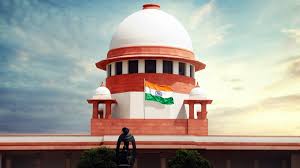


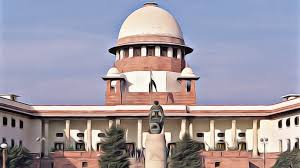

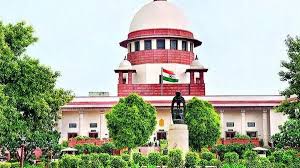









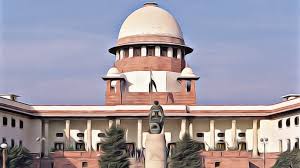




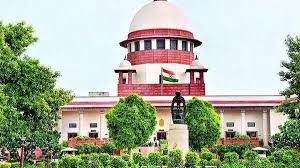



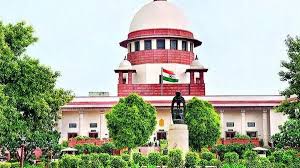
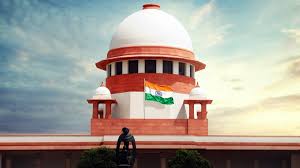



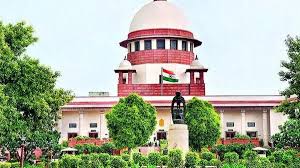



















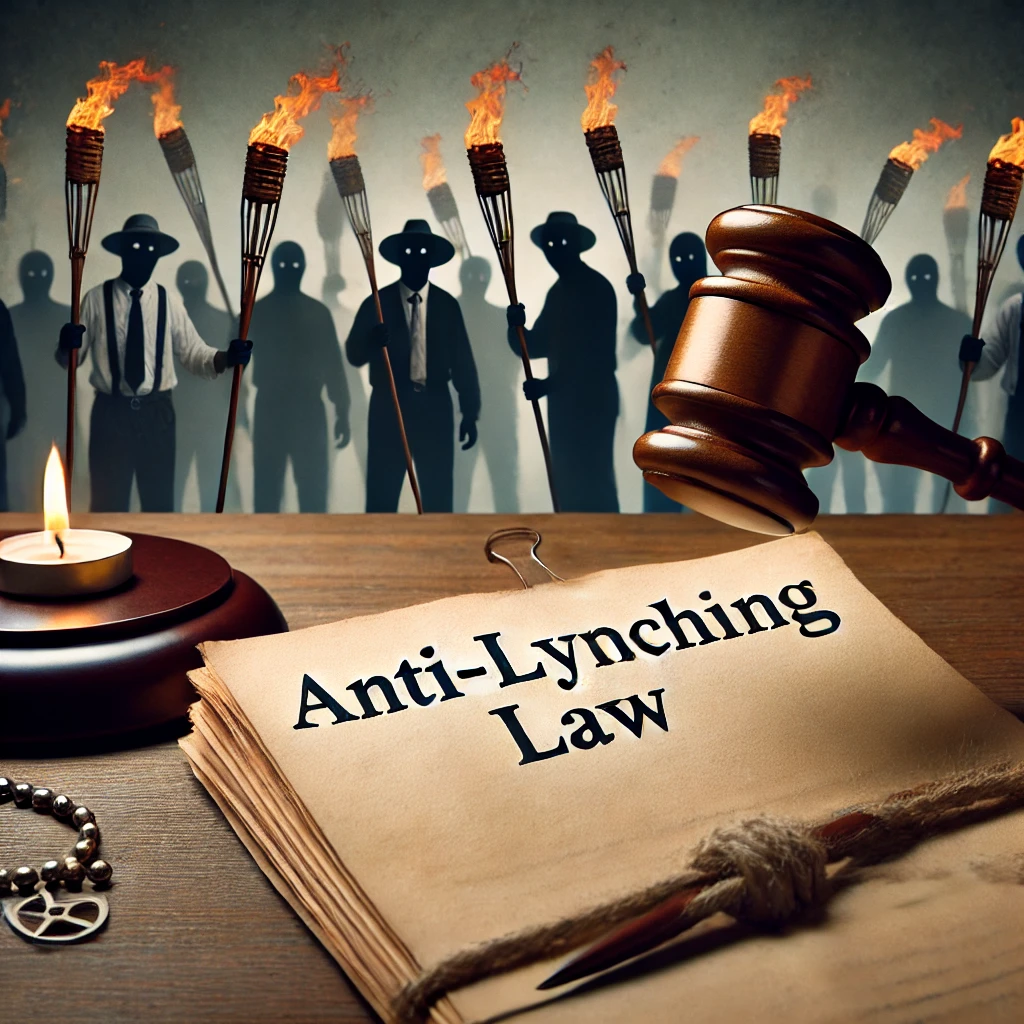
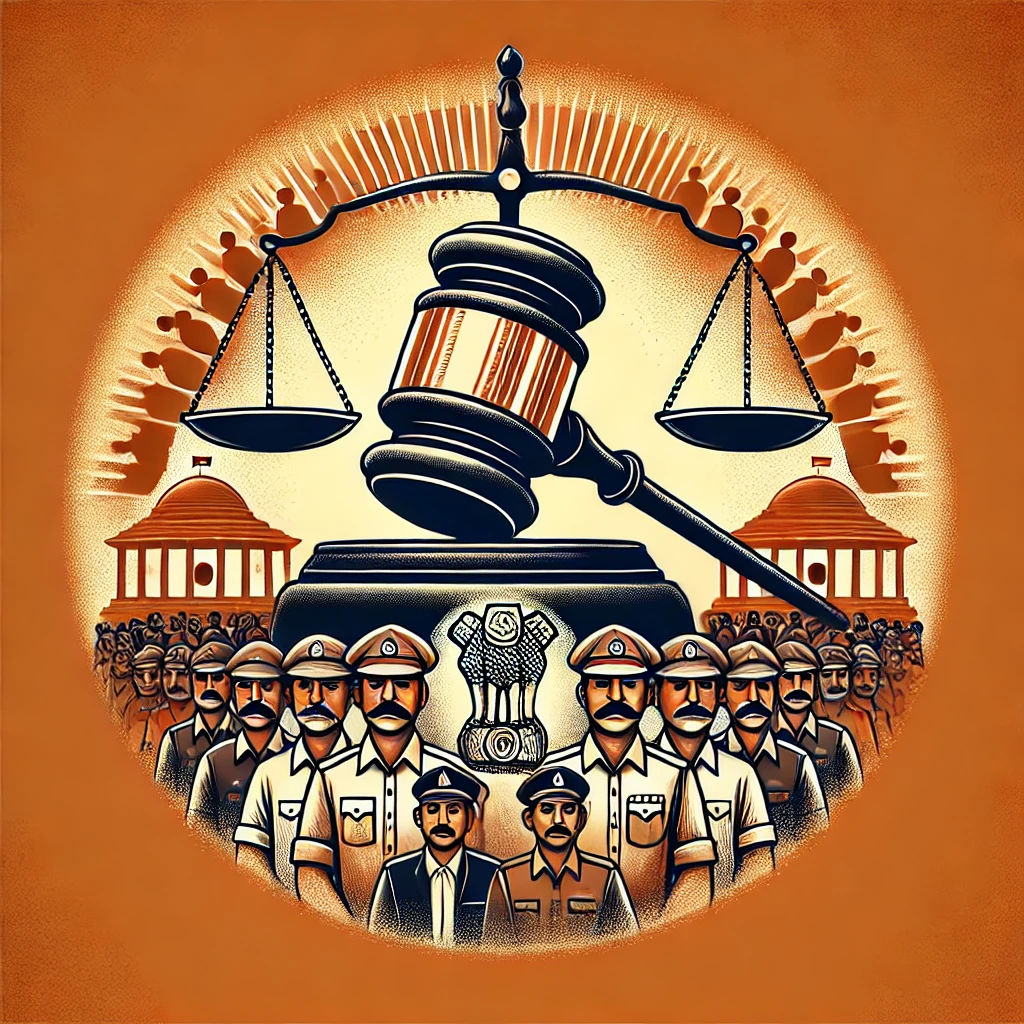

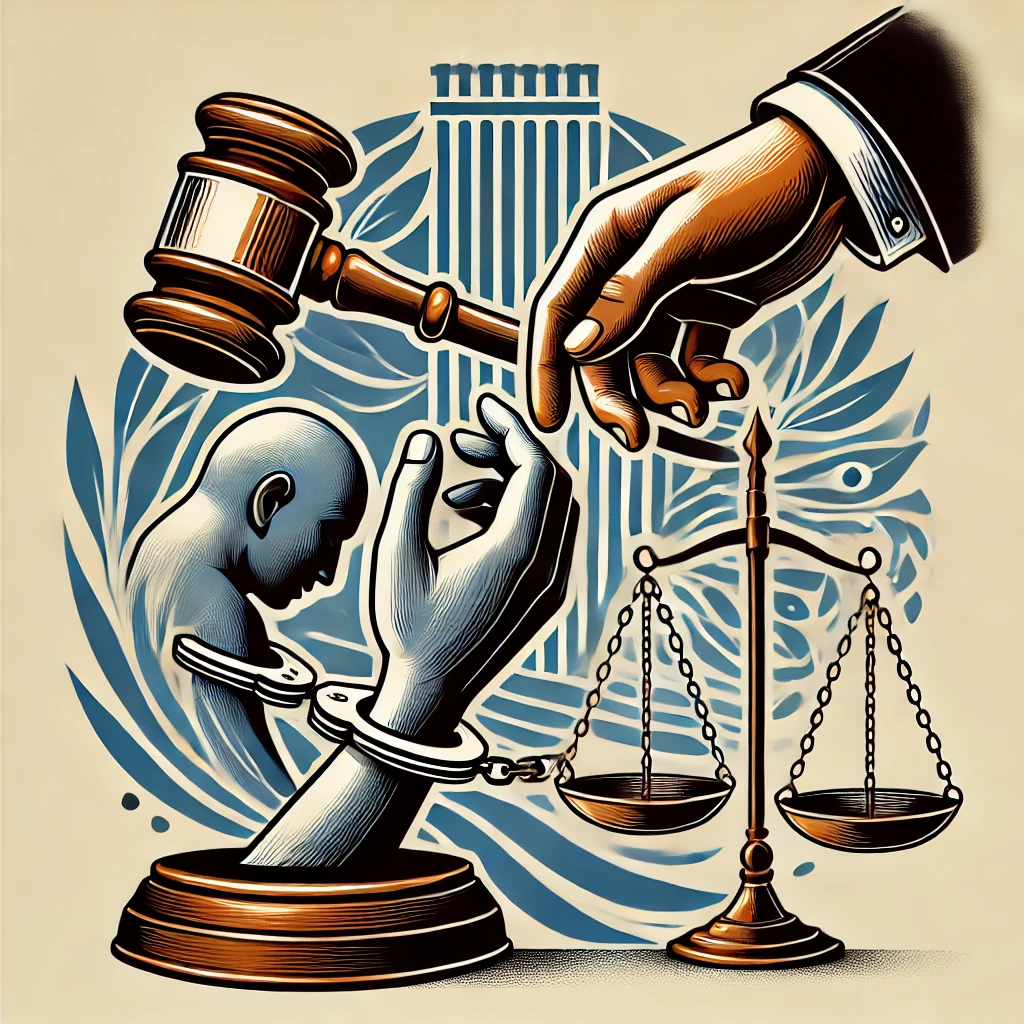




























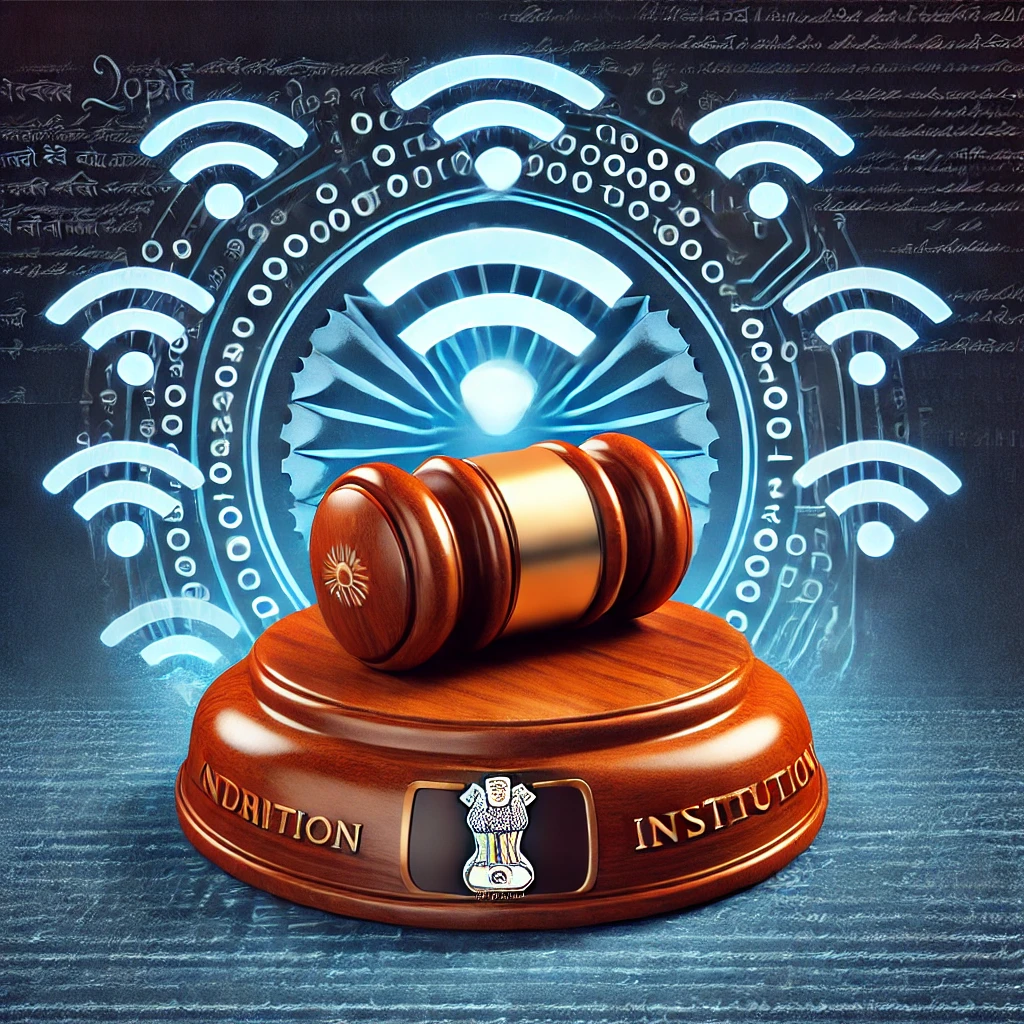





























































































































































































































































































































































































































































































































































































































































































































































































































0 comments